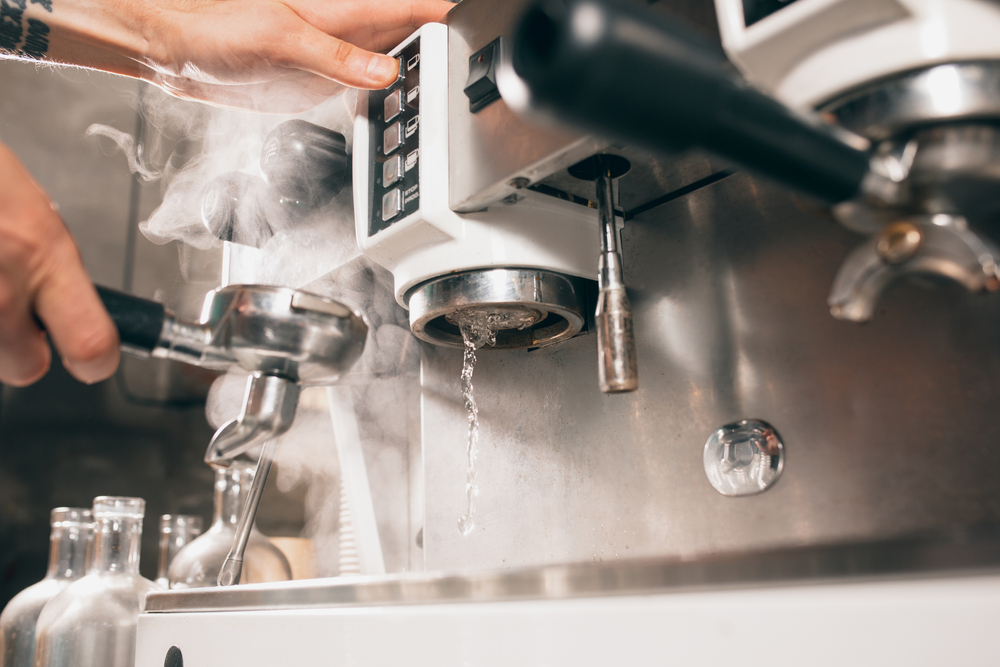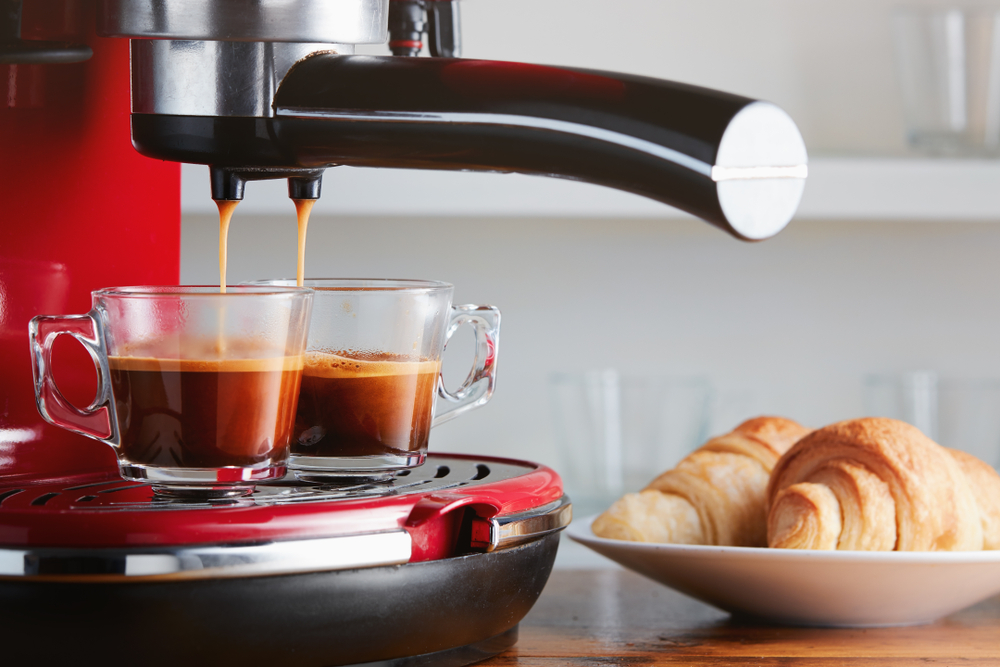

Water is key to coffee brewing. Taste and aroma are influenced by its 90-98% share of your final cup. Water minerals, including calcium and magnesium, interact with coffee grinds during extraction to affect taste. Hard water rich in certain minerals may over-extract coffee, making it bitter. Soft water with minimal mineral concentration may under-extract for weak, flat tastes. According to the SCA Coffee Standards, coffee water should have 50-175 ppm calcium hardness while 40-70 ppm alkalinity and a pH of 6-8. Moreover, water temperature, preferably 195°F-205°F, affects solubility and extraction efficiency.
Specialized coffee water filters provide real advantages. It removes impurities, including chlorine and fluoride, which may cause off-flavors and hinder extraction. For example, activated carbon filters eliminate chlorine and other contaminants to keep coffee’s flavor. Furthermore, a coffee water filter stabilizes mineral concentration to preserve appropriate TDS, calcium hardness & alkalinity. It prevents coffee machine scaling, which lowers functionality and durability. Upgraded filters also control calcium and magnesium levels using ion exchange resins for exact mineral balance.
Hard water heated leaves mineral deposits called limescale, mostly calcium carbonate. Such deposits limit coffee machine performance and life. Remember, appliances might lose 30% efficiency due to limescale buildup. Inefficiency renders heating components work harder while increasing energy use and risking overheating. It may cause boilers and pumps to fail prematurely. Limescale in espresso machines changes the water’s pH, extraction, and coffee flavor. Besides, limescale deposits can host bacteria and provide hygienic problems.
Preventing limescale starts with water hardness. A coffee water filter that lowers minerals works well. Ion exchange filters may replace calcium and magnesium ions with sodium ions for decreased scale development. Powerful reverse osmosis systems remove up to 99.99% of dissolved minerals. Additionally, polyphosphate scale inhibitors may bind calcium ions to avoid crystallization. Testing water hardness using test strips may determine filter replacement and maintenance frequency. Depending on the equipment, a descaling regimen using citric acid or commercial products is also important. Automatic coffee machines may feature built-in descaling routines that should be used as directed by the manufacturer.
Hard water heating leaves calcium carbonate scale and mineral deposits, as mentioned earlier. The deposits accumulate on the coffee machine heating components and tubing. Scale insulates and lowers heat transmission efficiency. It makes heating components work harder and longer to waste energy and wear out. Scaling even a little may impair temperature stability and extraction quality in modern espresso machines with precise temperature controls. The scale may also block valves and impede water flow, affecting brewing pressure. In high-end machinery, pressure uniformity is key. Inefficiency raises energy costs and shortens the machine’s component life while requiring more frequent fixes and substitutions.
Scale affects the coffee taste and machine life. First of all, scale interrupts the proper brewing temperature range and leaves water excessively hot or cold. It might under- or over-extract coffee grounds. The scale may also give water a metallic taste for a lower flavor. Along these lines, reducing mineral concentration in coffee water filters helps, but traditional ones cannot eradicate complete-scale development. In addition, the scale may abrade components to decrease durability. For instance, pumps might fail due to scale buildup and friction. Commercial scale-related delays may cost money in repairs and revenue. Regular descaling is necessary, although the procedure might damage older or sensitive devices.

Here, we recommend the Café Purist filter from Caware, with the following features:
Through its novel recipe media and head design, Café Purist’s coffee water filter softens water well. The filter’s micro-adjustment bypass valve with Caware advanced patent technology-Micro・Kh precisely controls water hardness. Our Micro・Kh patent micro-adjustment by-pass valve enables field water to deliver SCA recommended café water quality while ensuring consistency and hardness decaying during filter life. Essentially, the bypass valve helps balance softened and unsoftened water to preserve calcium carbonate & alkalinity levels. Café Purist filters lessen carbonate hardness to avoid espresso machine scaling. It lengthens the machine’s life and delivers high-quality espresso extraction water. The design maintains softening capabilities throughout the filter’s lifetime.
For the post-RO system required for tasteful coffee, Caware also has solutions as well. We can also increase the hardness following the SCA standard for carbonate hardness & alkalinity & right PH value.
Café Purist coffee water filters also optimize water composition, including pH and Mg2+ levels. Magnesium and calcium ions are balanced 3:1 by the filter referred from the SCAE Water Chart recommendation for extraction behavior & sensory profile of a brew.
It is necessary to extract coffee’s subtle flavors, mainly fruity ones. The filter keeps the coffee at the right pH to prevent it from tasting overly acidic or alkaline. For perfect pH value adjustment, our Cafe Purist is also the best partner for the post-RO (Reverse Osmosis) system as well. The most pain point for the RO system is the effluent lower pH value, around 6 to 6.5. We can have alkalized water above pH 8. Drinking alkaline water can help you increase the amount of important minerals in the body and may help with certain health conditions. Through our bypass valve, you can adjust effluent based on the field’s water condition.
Users regularly get a well-rounded, aromatic espresso with increased mouthfeel and complexity for commercial and household usage.
The Café Purist filter removes chlorine and smells well. Tap water contains chlorine, which may make coffee taste and smell bad. The Café Purist filter eliminates these impurities with filtering media, so water is pure and odor-free. Also, the filter could lower dangerous chemicals, including VOCs and heavy metals, which can influence water flavor and safety. Note that standard filter materials or water filtration companies with PFAS certification can only remove PFOA and PFOS from the PFAS family. However, Caware’s NSF53 certification removes all contaminants in the PFAS family, not just PFOA and PFOS.
So, the best coffee water filter, Café Purist, optimizes Magnesium to Calcium ions at an ideal ratio to improve coffee aroma and crema. An adjustable bypass valve diminishes scale building in high-end espresso machines for greater filter life. For eco-conscious consumers, it needs no electricity or drainage. The decrease in hardness continues throughout its lifetime for optimum performance. Upgrade your coffee experience with Café Purist filter solutions now.